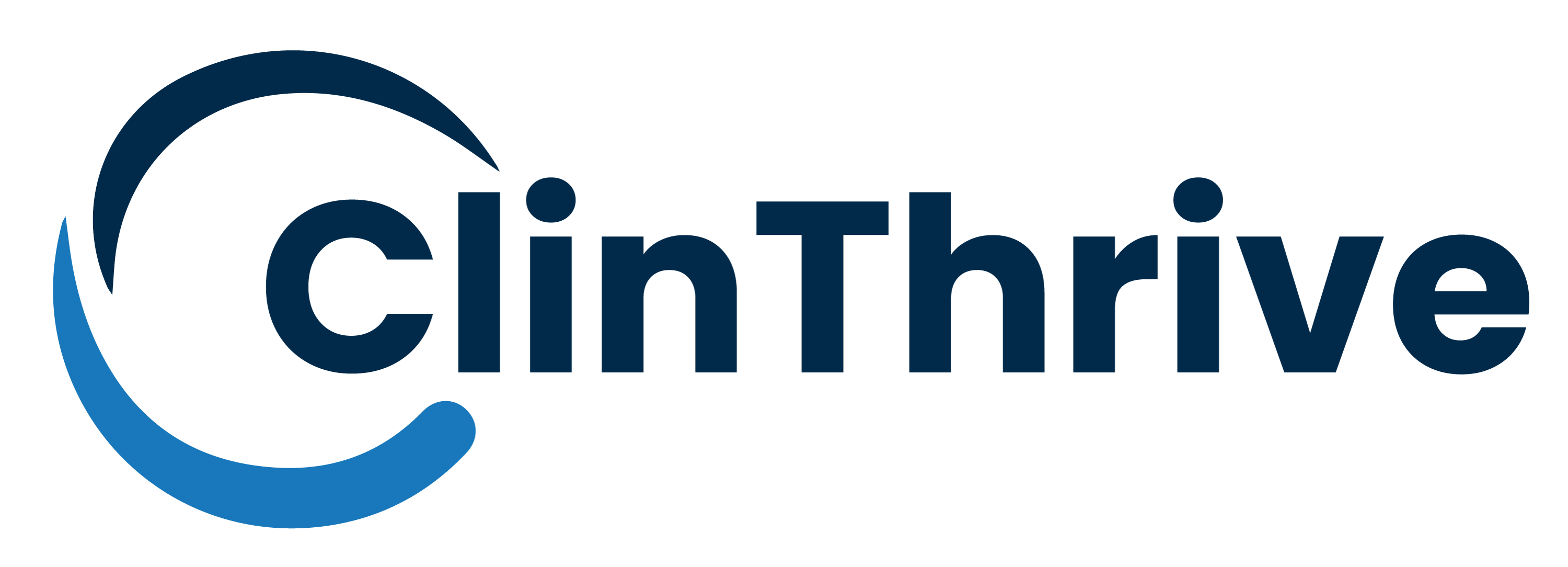Payor Negotiations in Independent Healthcare: Navigating the Complex Landscape
Independent healthcare providers face an increasingly complex landscape when it comes to payor negotiations. As healthcare costs rise and insurance companies tighten reimbursement rates, independent practices are finding themselves in a challenging position. Understanding the nuances of payor negotiations is critical for maintaining financial sustainability while delivering high-quality care to patients. This blog delves into the intricacies of payor negotiations and offers strategies for independent healthcare providers to navigate this critical aspect of their operations.
The Current Landscape: Why Payor Negotiations Matter
In the U.S. healthcare system, payors (insurance companies) play a pivotal role in determining how much providers get reimbursed for the services they render. For independent practices, this relationship can be a double-edged sword. On one hand, being part of a payor’s network ensures a steady stream of patients; on the other hand, unfavorable reimbursement rates can severely impact profitability. Large hospital systems often have the bargaining power to negotiate better contracts, but smaller, independent practices must work harder to secure favorable agreements.
The balance between offering competitive pricing to attract patients and maintaining operational viability can be tricky, and effective payor negotiations are key to striking this balance.
Challenges Faced by Independent Providers
- Limited Negotiating Power: Unlike larger health systems, independent providers lack the volume leverage that allows for more aggressive negotiations with payors. Payors may see them as more expendable, which makes securing favorable rates difficult.
- Complex Contract Terms: Payor contracts are often laden with complex language and terms that can be challenging for non-specialists to interpret. Understanding reimbursement schedules, fee-for-service models, and value-based care agreements requires expertise.
- Increasing Administrative Burden: Navigating multiple contracts with different payors can be time-consuming. Independent providers often have smaller administrative teams, meaning more time spent on negotiations and less on patient care.
- Delayed Reimbursements: Even after successful negotiations, delayed payments can create cash flow issues for practices that rely on timely reimbursement to cover operational expenses.
Key Strategies for Effective Payor Negotiations
- Know Your Practice’s Value PropositionIndependent healthcare providers should clearly understand their own value proposition before entering negotiations. Do you offer specialized care that’s not readily available elsewhere? Do you have a loyal patient base in a particular community? Highlighting these unique strengths can provide leverage in negotiations.
- Leverage Data and MetricsData-driven negotiations are more effective. Collect data on your practice’s performance metrics, including patient outcomes, efficiency, and cost-effectiveness. Payors are more likely to offer better reimbursement rates if you can demonstrate that your practice provides high-quality care while keeping costs under control.
- Hire a Professional NegotiatorMany independent practices benefit from hiring a third-party negotiator or a healthcare consultant. These professionals are well-versed in contract negotiations and can identify hidden fees, unfavorable clauses, or opportunities for better terms that a practice might overlook. The investment often pays for itself through improved contract terms.
- Consider Group Purchasing and Network ParticipationIndependent providers can increase their negotiating power by joining a group purchasing organization (GPO) or independent practice association (IPA). These groups combine the purchasing and negotiating power of many small providers, giving them the leverage needed to negotiate better payor contracts.
- Negotiate for More Than Just Reimbursement RatesWhile reimbursement rates are important, there are other aspects of the contract that can significantly impact your practice’s financial health. Negotiating shorter payment cycles, fewer administrative burdens, and more transparent claim processing terms can make a big difference in the long run.
- Stay Up to Date with Industry TrendsThe healthcare industry is constantly evolving, with changes in regulations, technology, and care models. Staying informed about these trends—such as the shift toward value-based care—can help you anticipate payor expectations and position your practice more favorably during negotiations.
Preparing for the Future of Payor Negotiations
With the shift toward value-based care, independent healthcare providers may find themselves increasingly evaluated on patient outcomes rather than service volume. This trend can be advantageous for practices that prioritize quality over quantity, as payors are more willing to negotiate higher reimbursement rates for providers who demonstrate improved patient outcomes.
As telehealth and other digital healthcare solutions become more integrated into care delivery, independent providers can also leverage these services in negotiations. Offering innovative care solutions, such as remote patient monitoring or virtual consultations, can further enhance a practice’s value proposition to payors.
Conclusion
Payor negotiations in independent healthcare are undoubtedly complex, but they are also essential for maintaining a sustainable and thriving practice. By understanding their value, leveraging data, enlisting expert help, and staying informed about industry trends, independent providers can level the playing field in negotiations. With the right strategies, it’s possible not only to secure favorable payor contracts but also to build stronger, more resilient practices that continue to provide high-quality care in an ever-changing healthcare environment.

